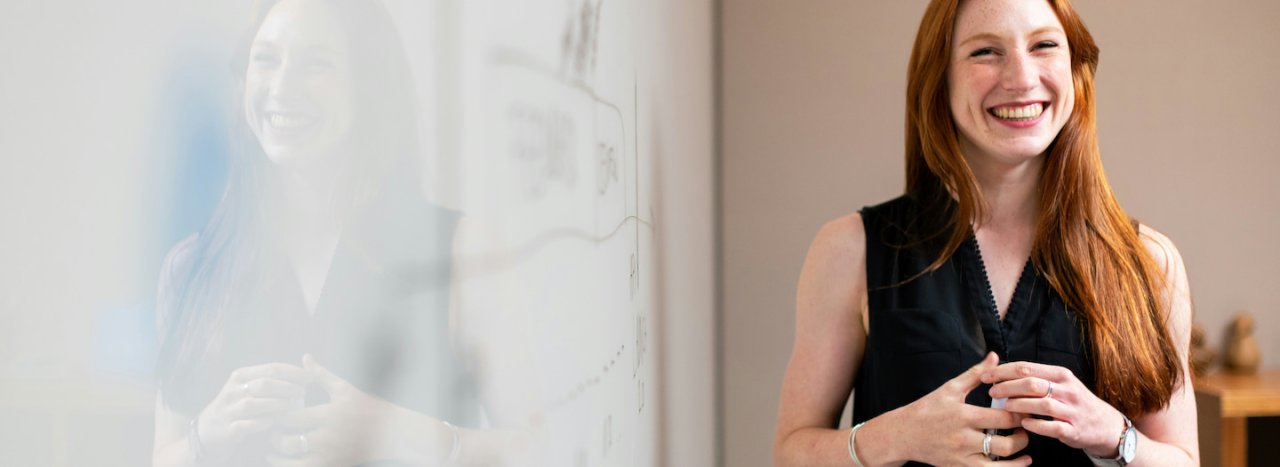Postgraduate Masters and Diploma

Key Information
Duration: Full-time (1 year) or Part-time (2–4 years)
Mode of Delivery: Residential or Online
The All Nations Postgraduate programme is a globally recognised programme which enables experienced cross-cultural mission and ministry practitioners to reflect on their experience and be equipped for the future. It includes a general missiology award as well as 5 specialist awards and is highly flexible. Students can study full time or part-time, and in person residential or by remote access, or a combination of these. The programme offers the opportunity to study with a diverse global cohort, resulting in an exceptionally rich learning environment.
Awards
> Intercultural Leadership (PG Diploma, MA)
> Transformational Development (PG Diploma, MA)
> Contextual Theology (PG Diploma, MTh)
> Staff Care and Wellbeing (PG Diploma, MA)
> Arts & Intercultural Worship (PG Diploma, MA)
Course Duration and Delivery
The MA/MTh can be completed full time (1 year) or part-time (2 – 4 years), residentially or on-line. All students start in mid-September.
Full-time students usually study on-campus (residentially or locally-based) for 1 year. Part time students usually study on-line over 2 to 4 years, with most students opting for the 3 year pathway. The 4 year option allows students to study one module at a time, and is more suitable for those with very busy schedules.
The Postgraduate diploma can be studied full time over 9 months, or spread over a longer period of time for part-time study. The Postgraduate certificate can be completed part-time over 9 months, or spread over a longer period.
The programme is very flexible so do please get in touch and discuss your study options with us. All programmes are available both residentially or via remote access.
Programme structure
The MA/MTh and PG Dip programme comprises three core modules (Holistic Learning Foundations, Biblical & Theological Foundations for Mission and Anthropological Foundations for Mission) studied by all students across the award areas. Students then study two specialist elective modules in their award area.
The research phase of the programme focuses on a topic in your chosen award area and comprises a preparation module and the research and writing up of a dissertation focused on your award area. Practice based research options are available for some awards.
PG Dip students are not required to complete the final dissertation.
Handbooks
Postgraduate Programme Specification
All Nations Regulations for Validated Awards of The Open University
OU Student Guide: The aim of this guide is to introduce you to The Open University (OU) and explain what being registered on a programme validated by the OU means to you.

